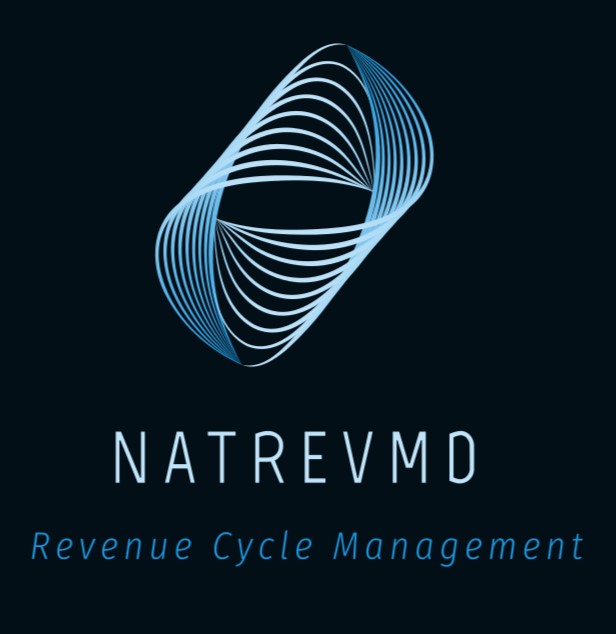Introduction
In the ever-evolving landscape of healthcare, physicians face the ongoing challenge of staying abreast of regulatory changes while providing optimal patient care. One such initiative that has garnered attention in recent years is Medicare’s Quality Payment Program (QPP). In this blog post, we will delve into the intricacies of QPP, exploring its objectives, the two pathways available to physicians, and the detailed mechanics of the Merit-based Incentive Payment System (MIPS).
Objectives of QPP
The primary goal of the QPP is to promote value-based care by incentivizing healthcare providers to focus on quality and performance improvement. Through QPP, the Centers for Medicare & Medicaid Services (CMS) aims to shift the reimbursement model from fee-for-service to a more patient-centered, outcomes-driven approach.
Two Pathways for Physicians
Physicians participating in QPP have two distinct pathways to choose from: the Merit-based Incentive Payment System (MIPS) and the Advanced Alternative Payment Models (APMs). While APMs cater to clinicians involved in innovative payment models, our focus will be on MIPS, a program that adjusts Medicare payments based on performance across multiple performance categories.
MIPS: A Deep Dive
MIPS Performance Categories
- Quality Category: This category evaluates the quality of care provided by clinicians. It involves reporting on various quality measures relevant to the clinician’s specialty. Successful performance in this category contributes to improved patient outcomes.
- Promoting Interoperability (PI) Category: Formerly known as the Advancing Care Information category, PI assesses the use of certified electronic health record (EHR) technology. It aims to enhance the exchange of health information and improve coordination of care.
- Improvement Activities (IA) Category: This category focuses on clinicians’ engagement in activities that promote practice improvement and patient engagement. Participation in improvement activities demonstrates a commitment to enhancing the overall quality of healthcare delivery.
- Cost Category: The cost category evaluates the total cost of care attributed to a clinician or group. It assesses both the direct and indirect costs associated with patient care. A lower cost of care, without compromising quality, leads to higher scores in this category.
Exemptions and Data Submission
- When Clinicians Don’t Need to Participate: Certain clinicians may be exempt from participating in MIPS based on specific criteria. These exemptions may include newly enrolled Medicare providers, low-volume providers, and those participating in Advanced APMs.
- Identifying Activities and Data Submission: Clinicians can identify appropriate activities for participation through the QPP website, which provides a comprehensive list of activities for each performance category. Data submission methods vary, with options including qualified registries, EHRs, and CMS web interfaces.
Submitting Data and Timing
- Submitting Data and Timing: Data submission deadlines are crucial for successful participation in MIPS. Clinicians must submit their performance data by the specified deadlines to avoid negative payment adjustments. Timely submission ensures that the CMS can accurately assess performance and calculate the composite performance score.
Calculating Scores and Impact on Reimbursement
The composite performance score, ranging from 0 to 100, determines the payment adjustment clinicians receive. This adjustment can be positive, negative, or neutral, impacting Medicare reimbursement in subsequent years. Higher scores result in positive payment adjustments, while lower scores may lead to penalties.
Conclusion
Navigating the intricacies of Medicare’s Quality Payment Program, particularly the Merit-based Incentive Payment System, requires a comprehensive understanding of its objectives, performance categories, and submission processes. Physicians must stay informed about QPP updates, ensuring compliance and actively engaging in activities that enhance the quality and efficiency of healthcare delivery. By doing so, clinicians can not only improve patient outcomes but also secure a positive impact on their Medicare reimbursement, fostering a healthcare system that prioritizes excellence and patient well-being.





